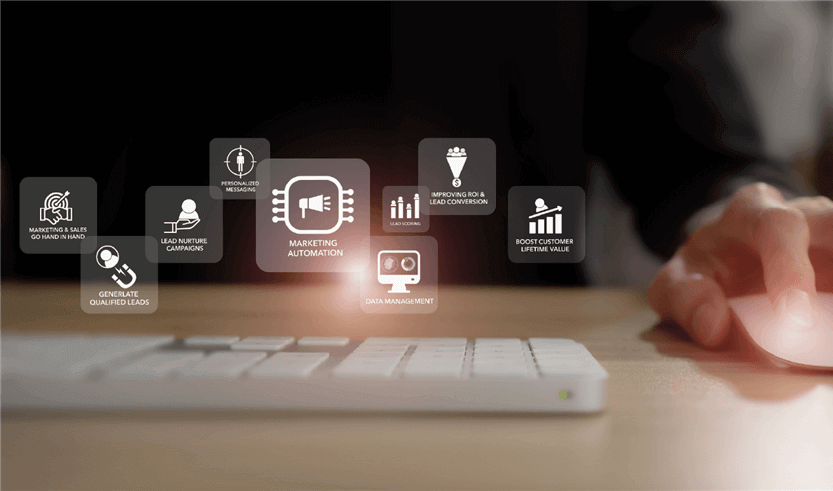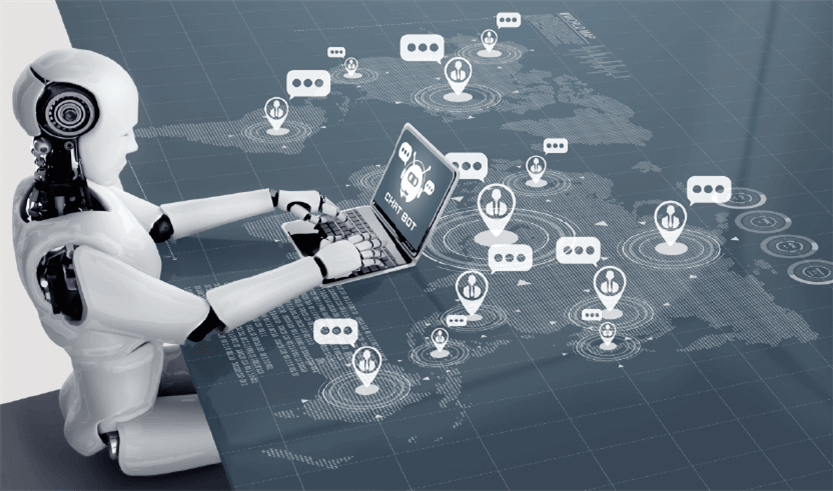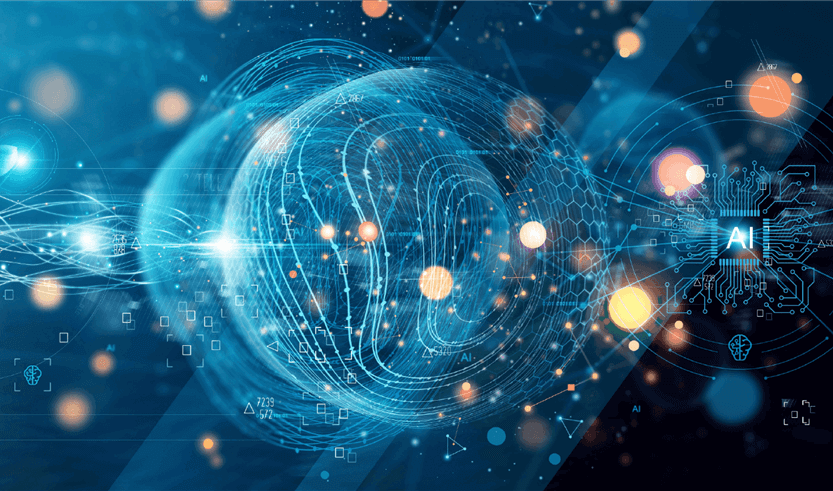AI-Powered Social Media Marketing
In the rapidly evolving digital landscape, businesses constantly seek innovative ways to engage with their audience, enhance their brand presence, and drive conversions. One of the most groundbreaking advancements in recent years is the integration of Artificial Intelligence (AI) in social media marketing. AI-powered tools and techniques are revolutionizing the way businesses approach social media, making marketing efforts more efficient, targeted, and impactful. This blog explores the various aspects of AI-powered social media marketing and how it is transforming the digital marketing landscape.

Understanding AI in Social Media Marketing
AI refers to the simulation of human intelligence in machines programmed to think and learn like humans. In social media marketing, AI can analyze vast amounts of data, identify patterns, and make informed decisions. This capability allows businesses to automate processes, personalize content, and gain deeper insights into their audience's behavior.
Key Benefits of AI-Powered Social Media Marketing
- Enhanced Audience Targeting: AI algorithms can analyze user data to identify specific demographics, interests, and behaviors. This enables businesses to create highly targeted marketing campaigns that resonate with their audience. By understanding who their audience is and what they want, companies can tailor their content to meet those needs, resulting in higher engagement and conversion rates.
- Content Creation and Curation: AI-powered tools can generate content ideas, create posts, and even curate content from various sources. For instance, platforms like StoryLab.ai can help marketers brainstorm and create compelling content that captures the audience's attention. This not only saves time but also ensures a consistent flow of high-quality content.
- Social Listening and Sentiment Analysis: AI can monitor social media platforms for mentions of a brand, product, or relevant keywords. This process, known as social listening, helps businesses understand public sentiment and react promptly to feedback. Sentiment analysis tools can gauge the tone of conversations, allowing companies to address negative feedback, capitalize on positive mentions, and adjust their strategies accordingly.
- Personalized User Experience: AI can personalize the user experience by delivering content tailored to individual preferences. This level of personalization increases the likelihood of user engagement and fosters a stronger connection between the brand and its audience. Personalized recommendations, dynamic content, and targeted ads are just a few examples of how AI enhances user experience.
- Efficiency and Automation: AI can automate repetitive tasks such as scheduling posts, responding to common inquiries, and managing ad campaigns. Automation tools free up valuable time for marketers, allowing them to focus on strategy and creativity. For example, chatbots powered by AI can handle customer service inquiries around the clock, providing instant responses and improving customer satisfaction.
- Predictive Analytics: AI's predictive capabilities enable marketers to anticipate trends and user behavior. By analyzing historical data, AI can forecast future outcomes and suggest optimal times for posting content, launching campaigns, or engaging with the audience. This proactive approach helps businesses stay ahead of the competition and maximize their marketing efforts.

Real-World Applications of AI in Social Media Marketing
Several companies are already leveraging AI to enhance their social media marketing strategies. For example, Netflix uses AI to recommend shows and movies to its users based on their viewing history and preferences. This personalized approach has significantly contributed to user retention and satisfaction.
Similarly, beauty brand Sephora uses AI-powered chatbots to provide personalized product recommendations and beauty tips to its customers. These chatbots analyze user preferences and behaviors to deliver tailored suggestions, enhancing the shopping experience and boosting sales.
Another notable example is Coca-Cola's use of AI for social listening. The company employs AI to monitor social media conversations about its brand and products, allowing it to gain insights into customer sentiment and adjust its marketing strategies accordingly.

The Future of AI in Social Media Marketing
The future of AI in social media marketing looks promising, with continuous advancements expected to further enhance its capabilities. As AI technology evolves, we can anticipate more sophisticated tools for audience targeting, content creation, and performance analysis. Businesses that embrace AI-powered marketing strategies will likely gain a competitive edge, benefiting from increased efficiency, improved engagement, and higher ROI.
However, it's important to note that while AI offers numerous advantages, it should complement, not replace, human creativity and intuition. Marketers should leverage AI tools to enhance their strategies while maintaining a human touch to connect authentically with their audience.
AI-powered social media marketing is revolutionizing the way businesses engage with their audience and execute their marketing strategies. From enhanced audience targeting and content creation to personalized user experiences and predictive analytics, AI offers a myriad of benefits that drive efficiency and effectiveness. As the digital landscape continues to evolve, businesses that harness the power of AI will be well-positioned to thrive in the competitive world of social media marketing.